Policy officials within DAERA have engaged with academics at the University of Oxford to assess what impact future NI farm support packages might have on global warming.
With new programmes such as a Beef Carbon Reduction Scheme encouraging farmers to slaughter cattle at younger ages, and the general drive towards more agri-environment type schemes, it is likely to mean overall livestock numbers on farms will fall.
Speaking at a recent conference at Greenmount, Martin Mulholland from DAERA confirmed that potential outcomes from the various new farm policies are to be assessed against the GWP* metric designed by Oxford researchers.
This metric treats methane from ruminants differently than the GWP100 metric used in current international accounting systems. GWP* allows for the fact methane, which is a potent greenhouse gas (GHG), is short-lived in the atmosphere, so where a national cattle herd is stable, methane released today is simply replacing that released 20 years previously. GWP* is increasingly being seen as a more accurate way of assessing emissions from agriculture.
Double-edged sword
However, Mulholland warned that it could also be a “double-edged sword” for farmers.
Where a national herd is increasing, the additional methane being added to the atmosphere has a significant global warming effect. But the reverse is also true, so if GWP* is used, it potentially highlights to government the quick win that could be had by cutting livestock numbers. If government decided to go that route it would effectively give other parts of the economy, such as energy and transport, more time to decarbonise.
During his presentation Mulholland also referred to advice given to NI by the UK Climate Change Committee (CCC) on how we might reach net zero by 2050. In their main scenario, agriculture has to cut emissions by 33% by 2050, with NI highly reliant on expensive carbon capture and storage (CCS) technology to achieve the overall target. But if CCS is deemed unaffordable, then the CCC suggested a significant cut to livestock on farms as an alternative, although that is not currently part of DAERA plans.
“Our proposals are more nuanced than the CCC and lead, not at this point of time anyway, to reducing livestock,” said Mulholland.
New dairy project
He also highlighted a new dairy demonstrator project being led by Defra, but which is also to include NI farmers. A public tender to find a consortium to deliver the project closed earlier in 2024.
The three-year project will provide funding for researchers to work alongside commercial dairy farmers to look at the likes of feed additives to reduce methane as well as diets that will help reduce ammonia emissions and phosphorus losses to the environment. The intention is that at least 12 dairy farms in NI will be involved in the project.
“I am hopeful there will be more [NI farms] involved. Watch out for an announcement soon,” said Mulholland.




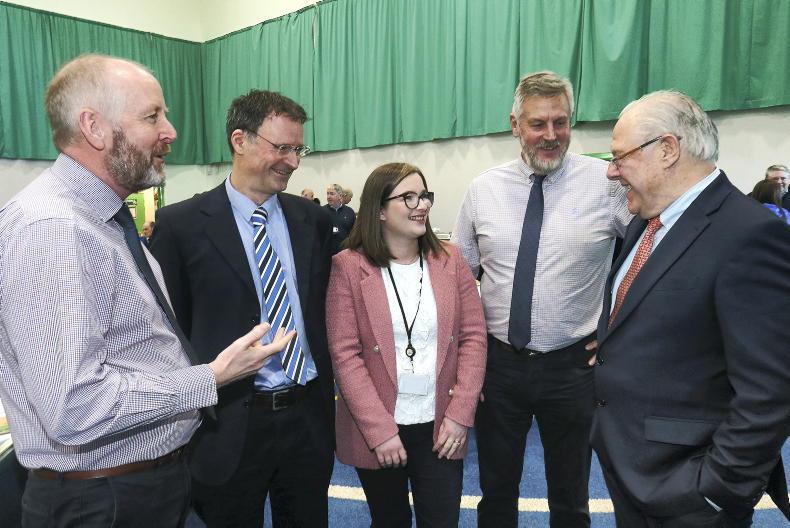
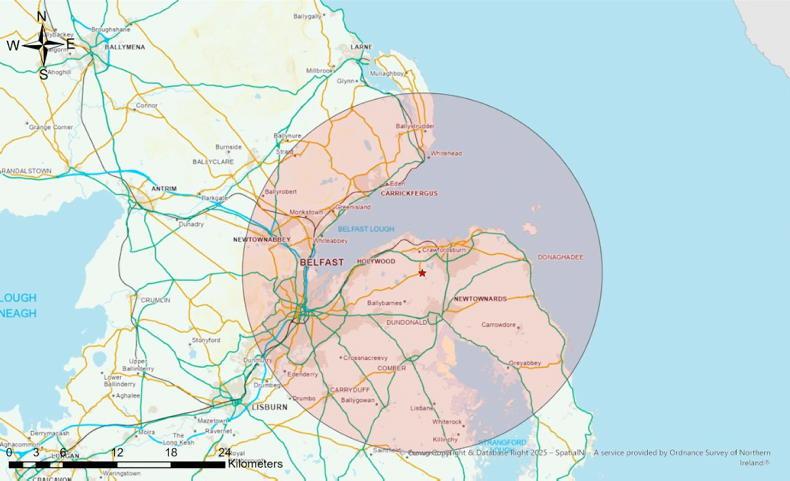
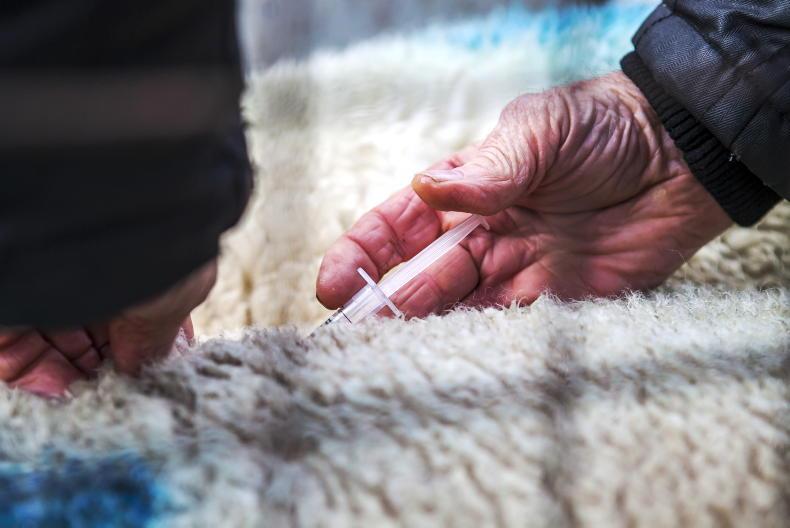
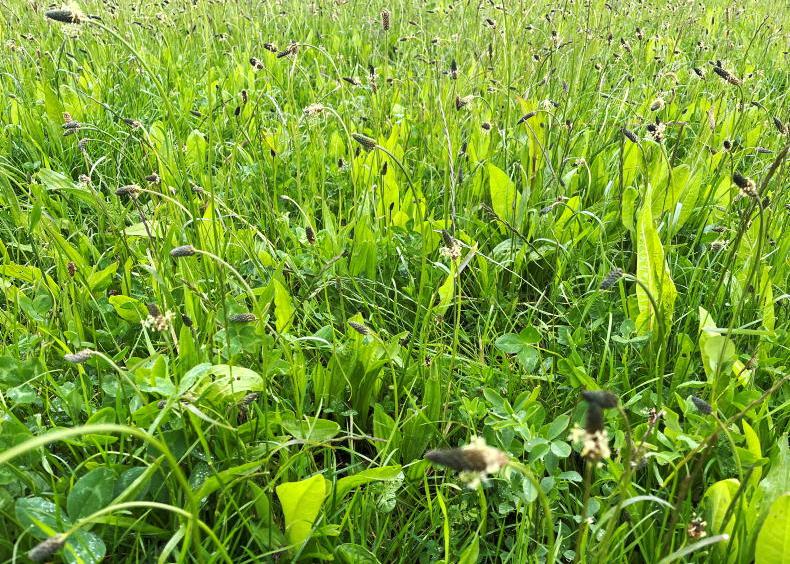
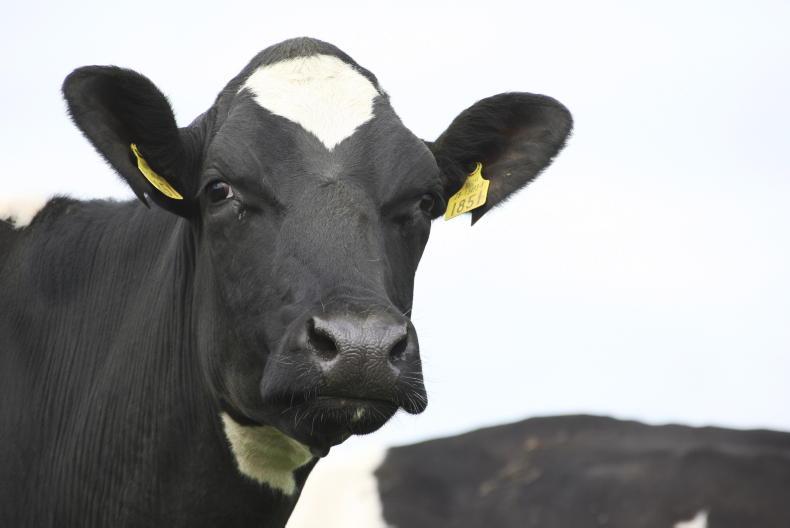
SHARING OPTIONS